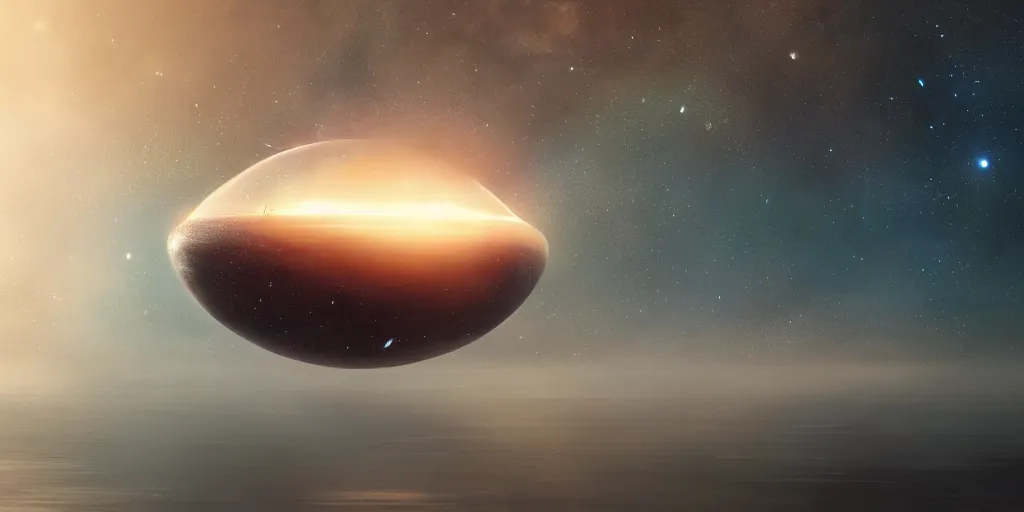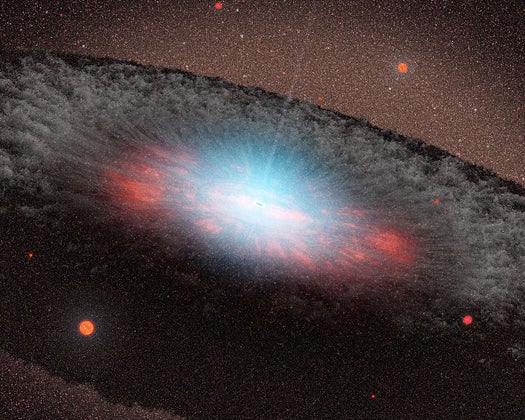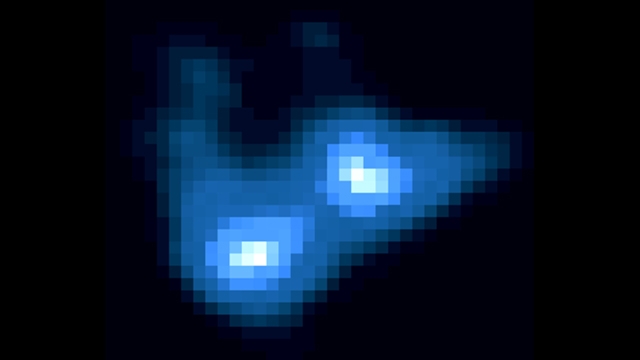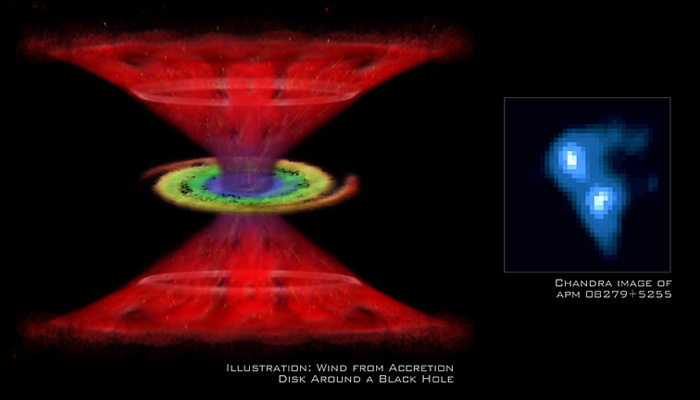
This reservoir of water was seen surrounded by a massive feeding black hole known as a quasar, located more than 12 billion light years away Photograph:(Agencies)
Researchers say that it is the largest reservoir ever detected in the universe, as the mass of water is at least 140 trillion times more than all of the water in the Earth’s oceans combined
One of the largest reservoirs of water, and perhaps the oldest, has been discovered, but not on Earth. According to scientists, it is floating in space.

Researchers say that it is the largest reservoir ever detected in the universe, as the mass of water is at least 140 trillion times more than all of the water in the Earth’s oceans combined.
The discovery was made by two teams of astronomers led by scientists at Caltech.
However, it is less likely to be seen through a telescope as this body of water is surrounded by a massive feeding black hole known as a quasar, located more than 12 billion light years away.

Quasars are the blazing centres of active galaxies and are powered by a supermassive black hole feeding on humungous quantities of gas.
“The environment around this quasar is unique in that it’s producing this huge mass of water,” Matt Bradford, a scientist at NASA’ Jet Propulsion Laboratory (JPL), said, according to UNILAD news outlet.
“It’s another demonstration that water is pervasive throughout the universe, even at the very earliest times.”

The astronomers discovered water after examining a particular quasar called APM 08279+5255, which is said to harbour a black hole 20 billion times more massive than our Sun and believed to produce as much energy as a thousand trillion Suns.
This particular quasar showed water vapour being distributed around the black hole in a gas region spanning hundreds of light-years.
The discovery of water, per se, in the universe has not surprised scientists, as traces of water are also found elsewhere in the Milky Way. However, most of it is frozen in ice.

But what took the scientists aback was the presence of water in the early universe.
They hope to learn more about the distant universe and those in the study proposed a 25-meter telescope to be built in the Atacama Desert in Chile.